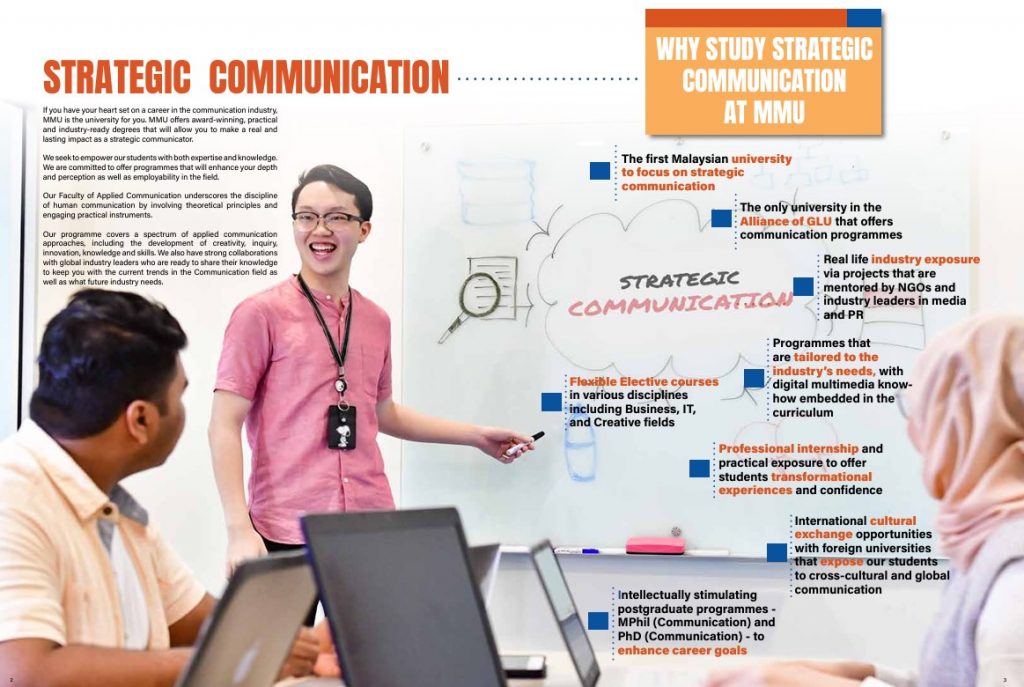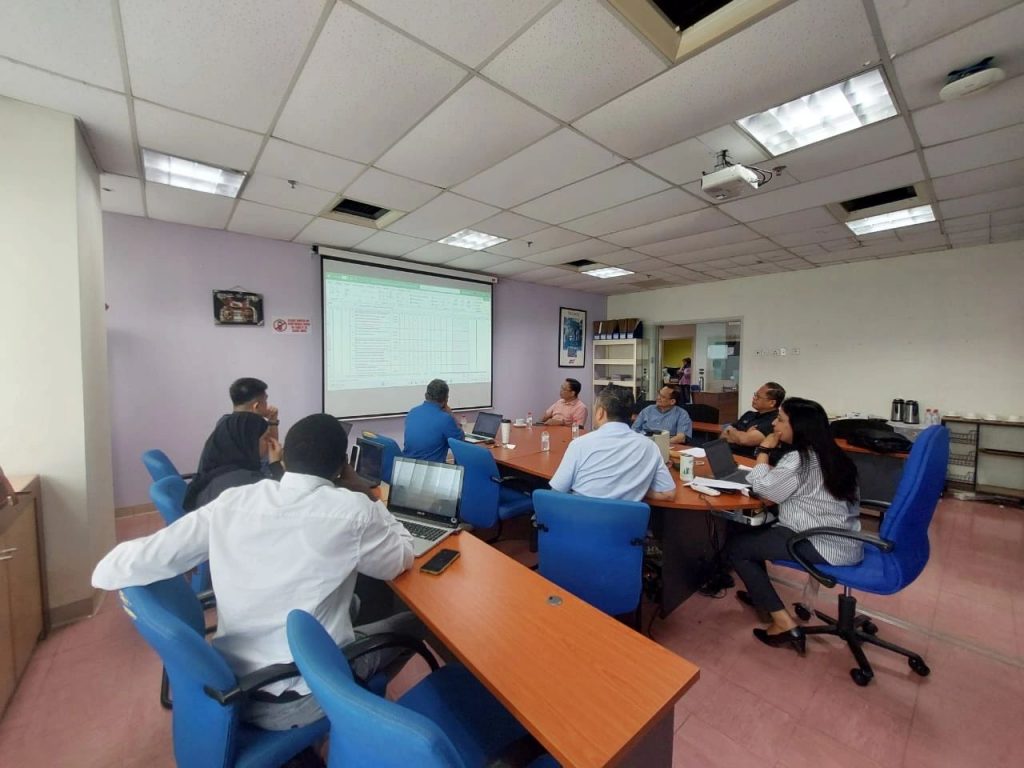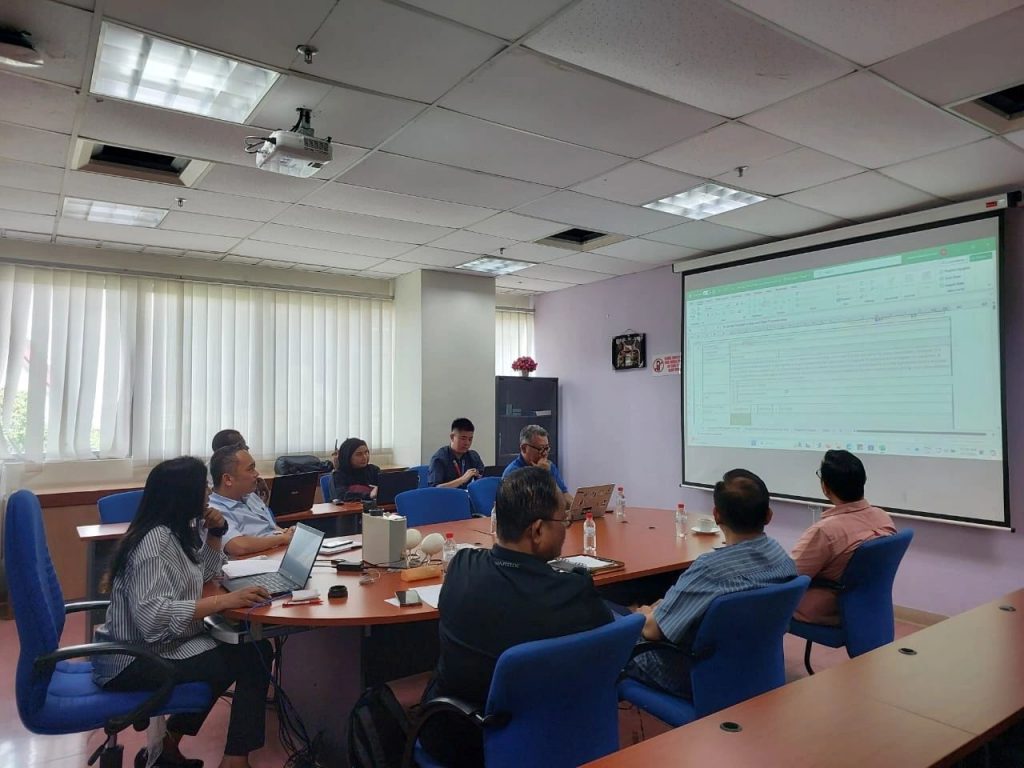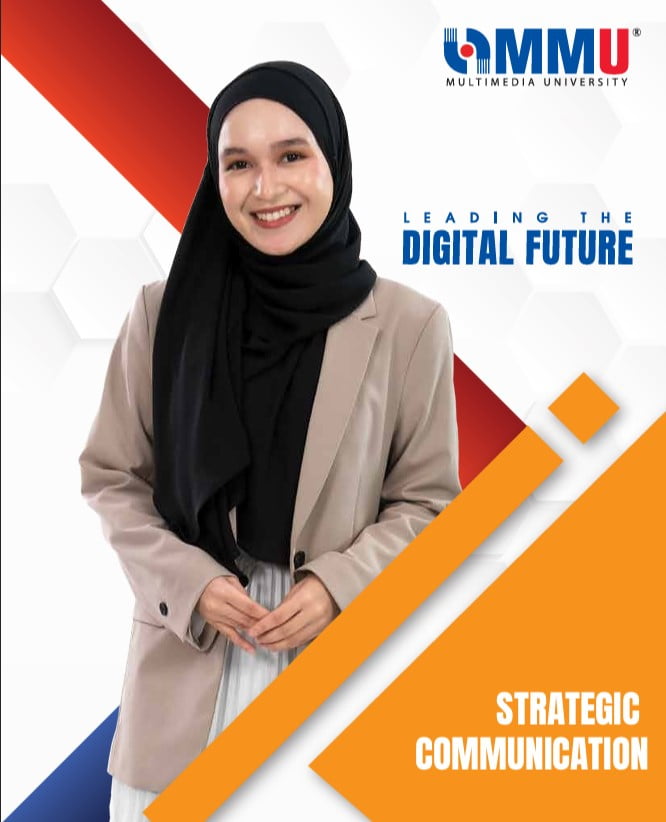Redefining Relevance: MMU’s Commitment to Producing Industry-Ready Talents
As a member of the Board of Studies at MMU’s Faculty of Applied Communication, I recently had the privilege of participating in an engaging and insightful discussion to review the proposed modules for an upcoming master’s program. The panelist were from both academic and industry backgrounds and we came together to shape a curriculum that promises to be innovative and practical.
The proposed master’s program is crafted with a keen awareness of the evolving demands of the communication industry. It aims to equip students not only with the theoretical knowledge essential for deep understanding but also with the practical skills necessary for immediate application in the professional world. This dual focus highlights MMU’s commitment to producing graduates who are both academically sound and industry-ready.
One of the highlights of our discussion was the emphasis on integrating industry requirements with academic rigor. It was heartening to see the MMU’s proactive approach in seeking input from industry players, ensuring that the curriculum remains relevant and dynamic. This collaboration is crucial in addressing the often-cited gap between university education and the expectations of the job market.
This master’s program is not just about imparting knowledge; it’s about shaping future leaders in the field of communication. The blend of academic excellence and practical experience is designed to produce graduates who are well-equipped to navigate the complexities of the modern workplace and contribute meaningfully to their chosen professions.
Reviewing the proposed modules provided a reassuring glimpse into the future of higher education at MMU. It is encouraging to see institutions like MMU taking concrete steps to bridge the gap between academia and industry, thereby enhancing the employability of their graduates. This balanced approach will undoubtedly help to dispel the notion that universities are out of touch with industry needs, proving instead that they are at the forefront of educational innovation.







